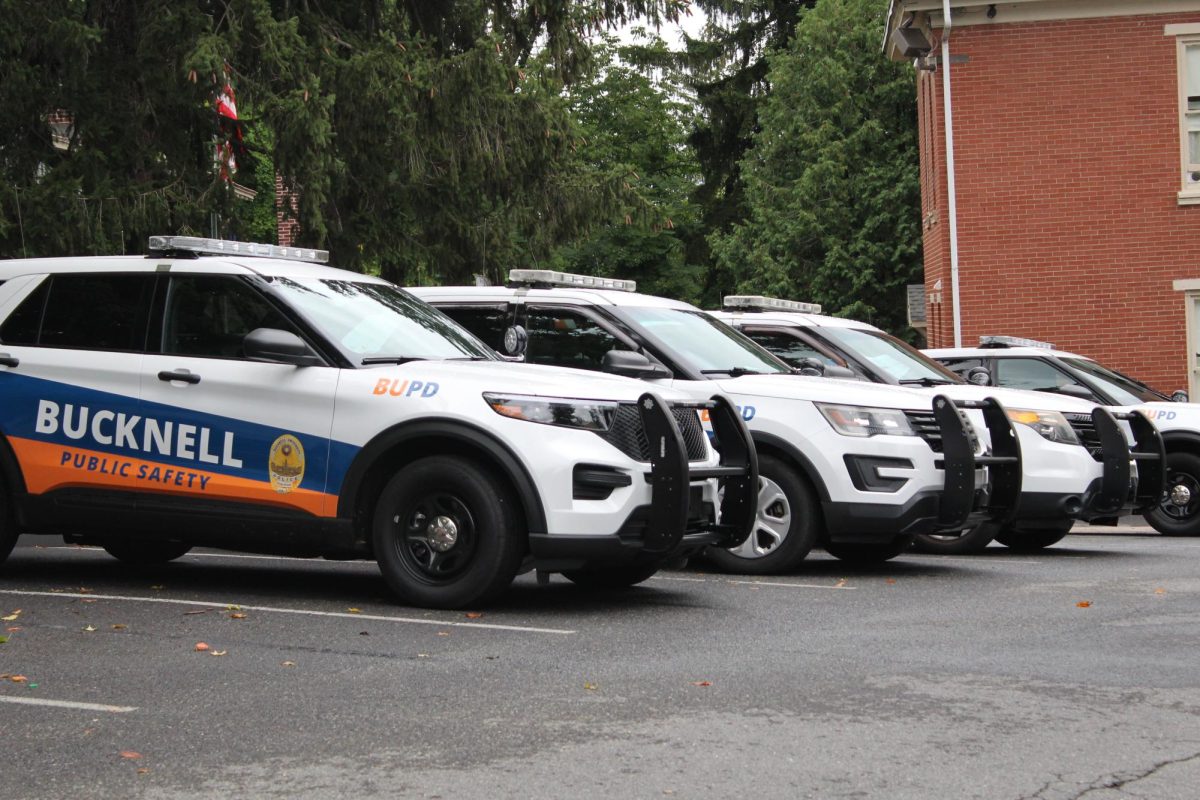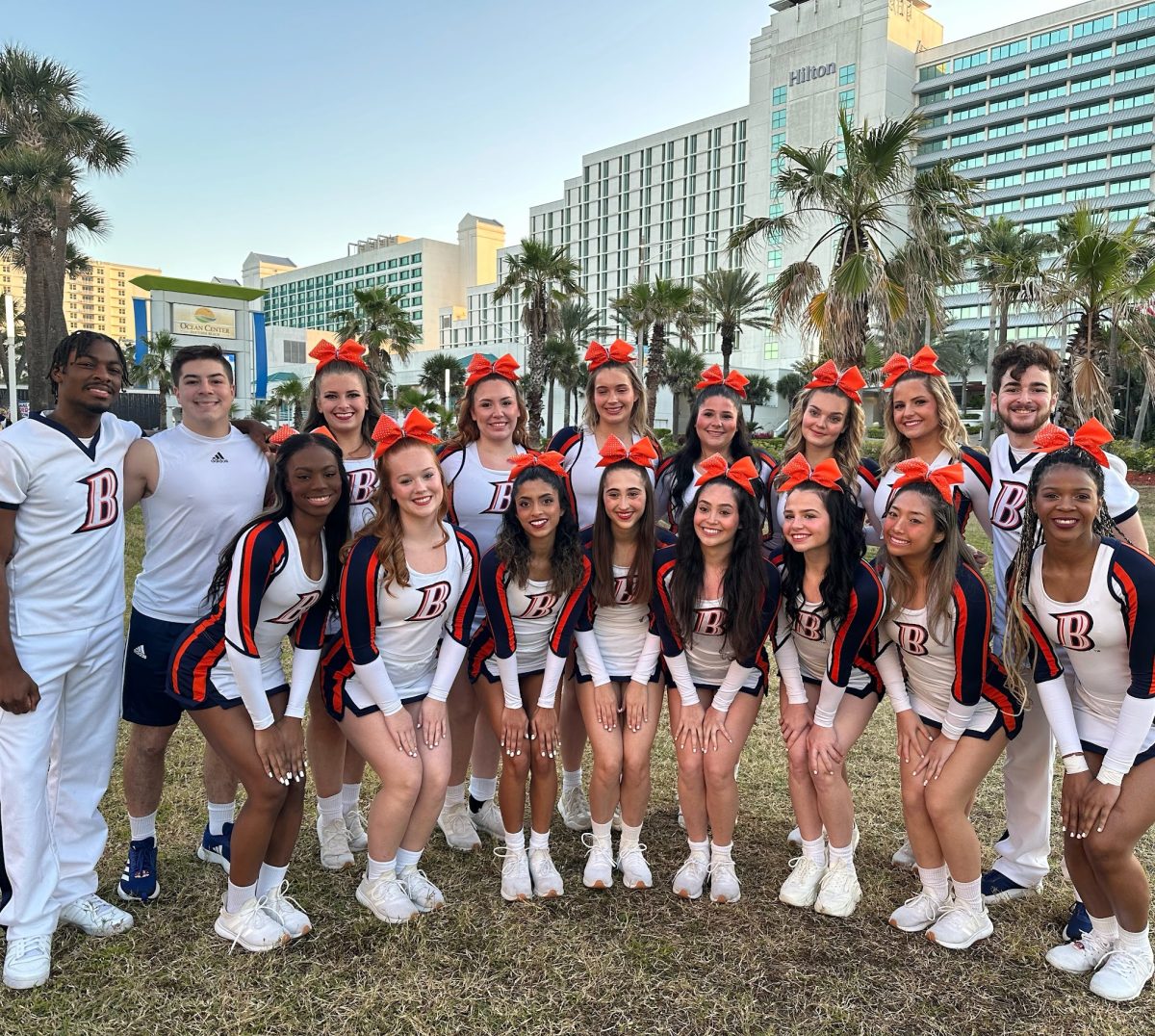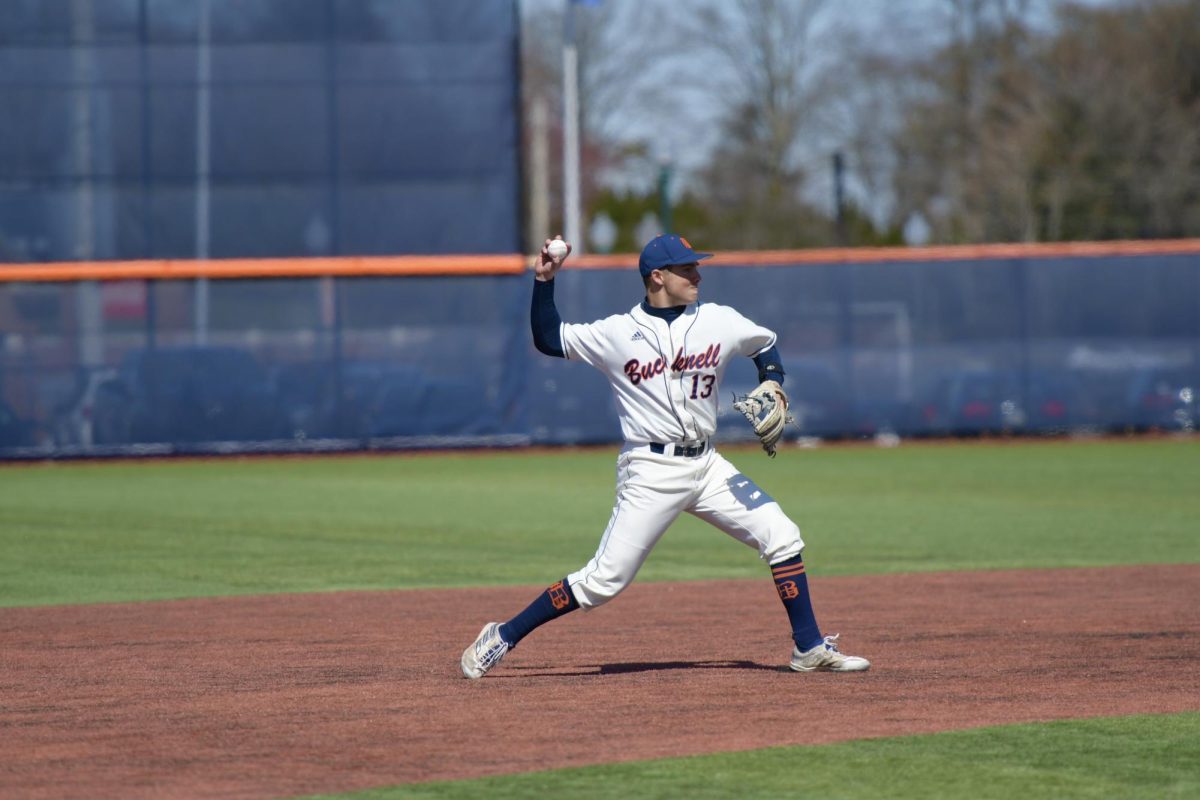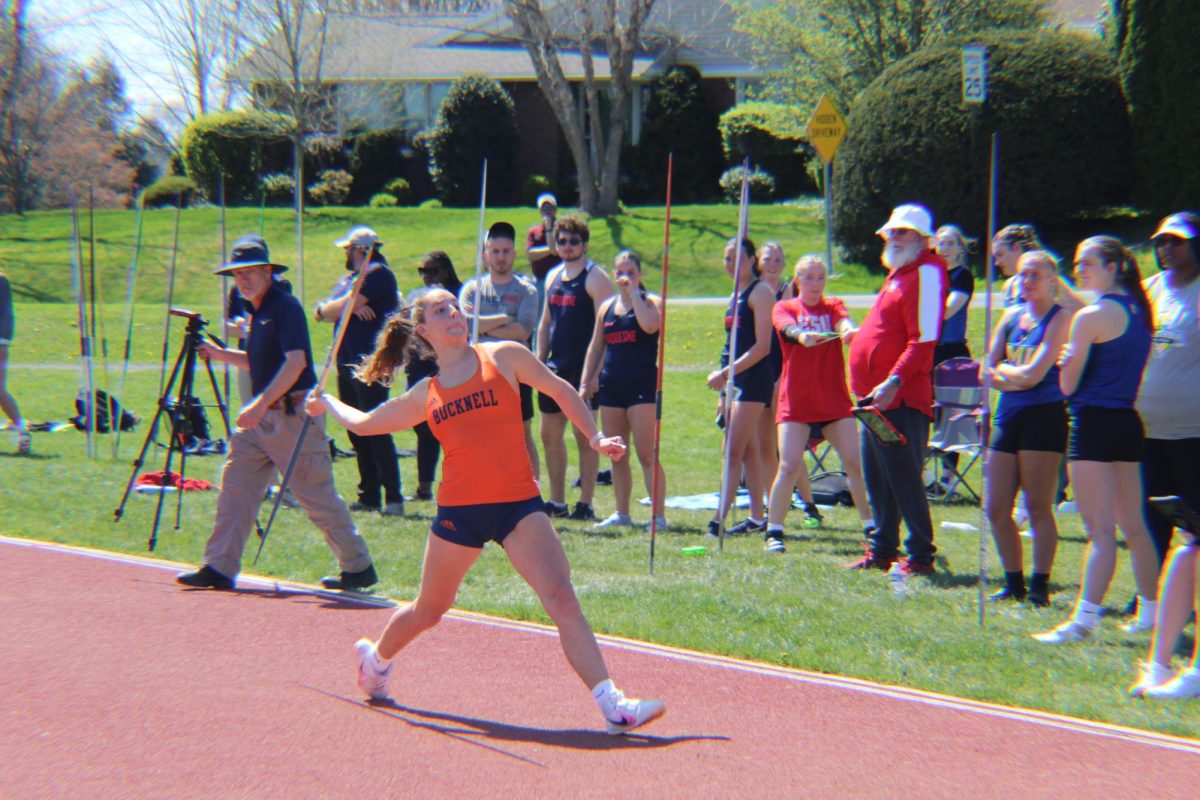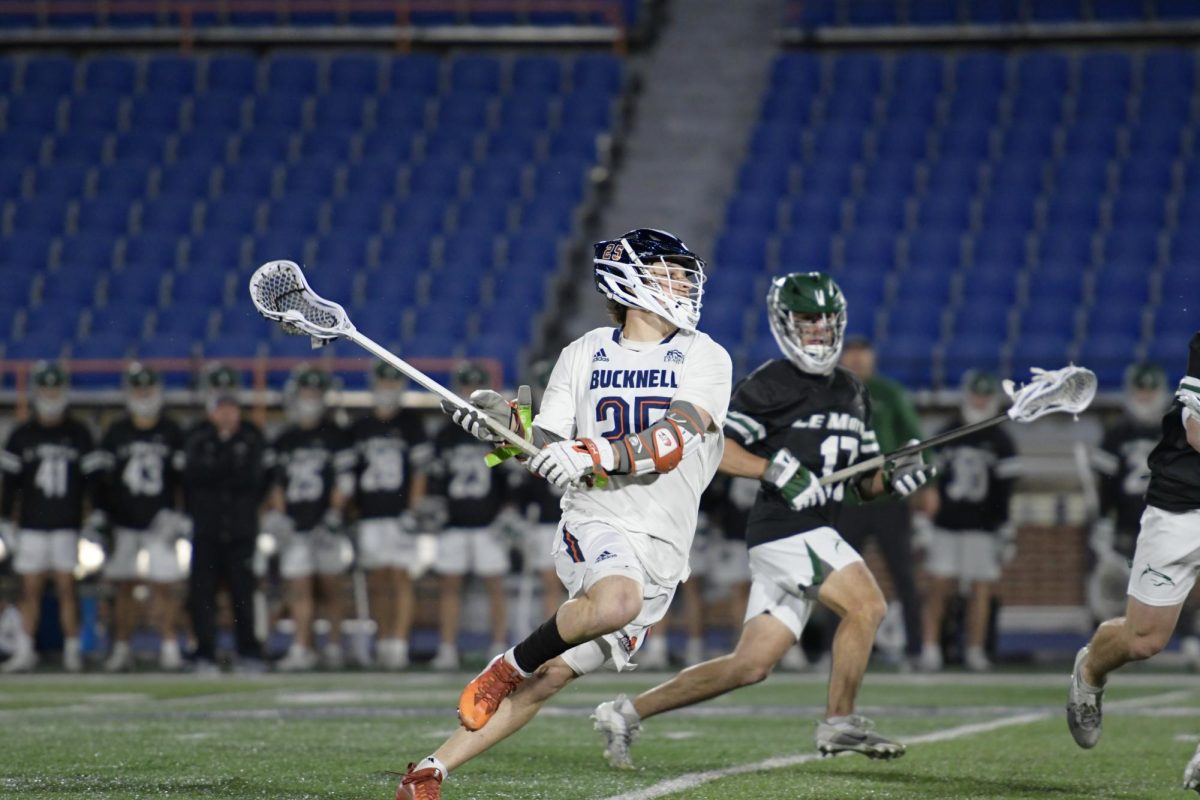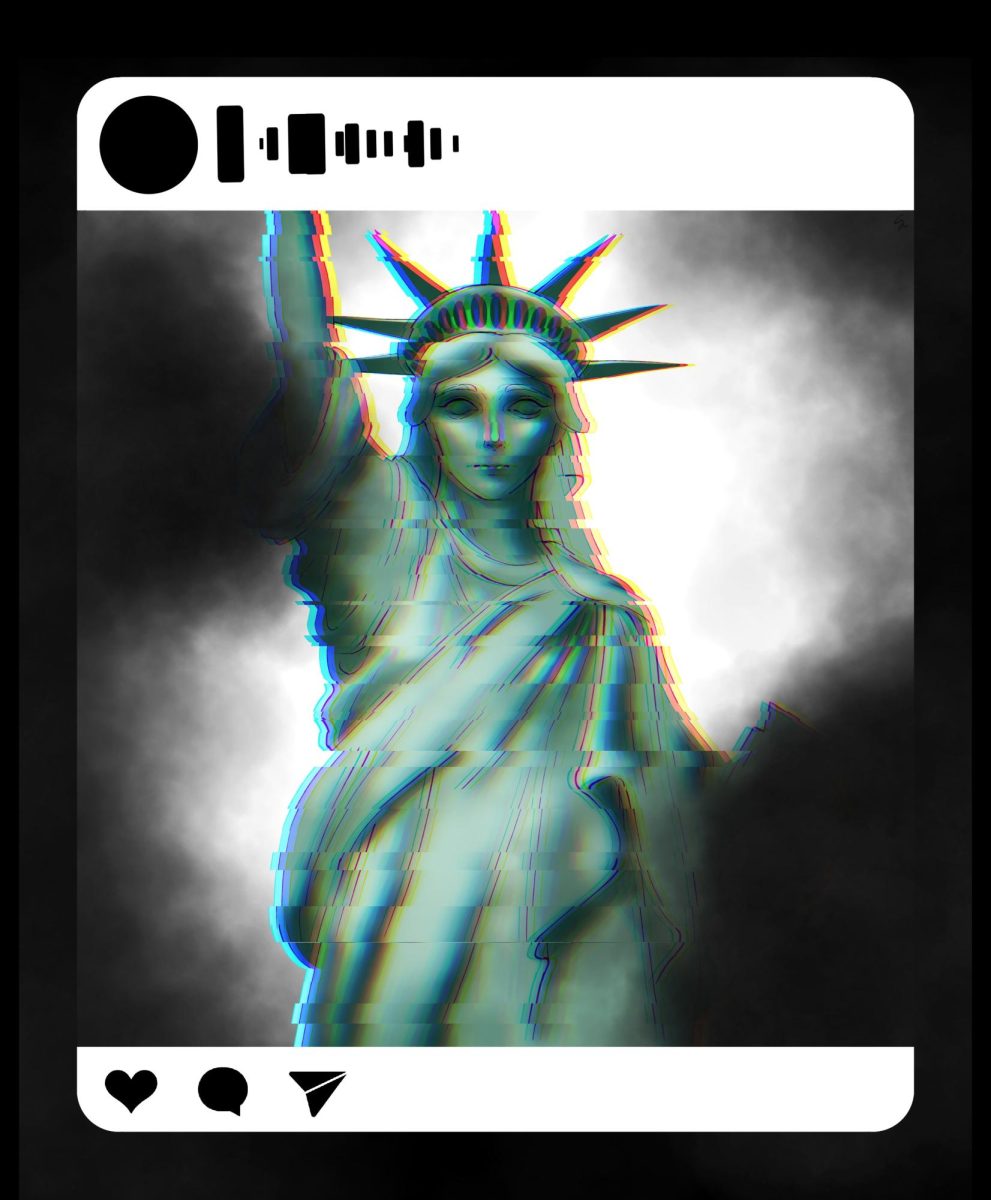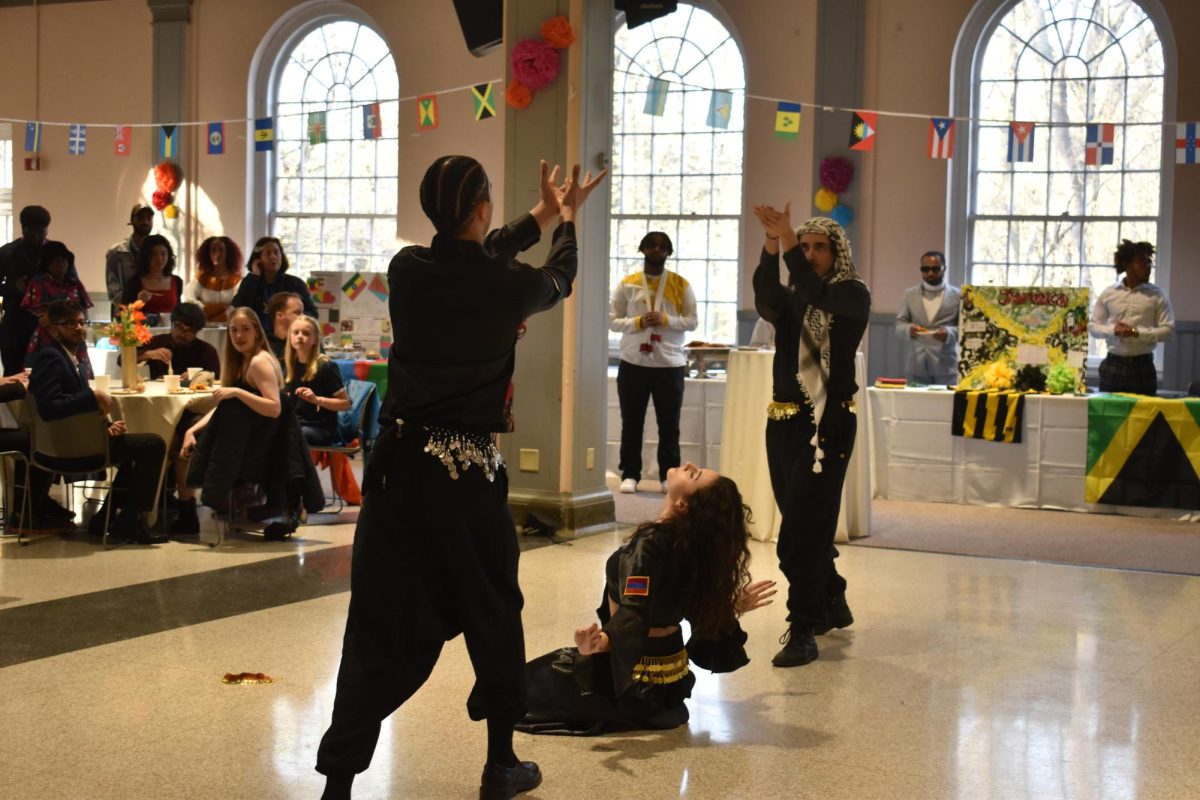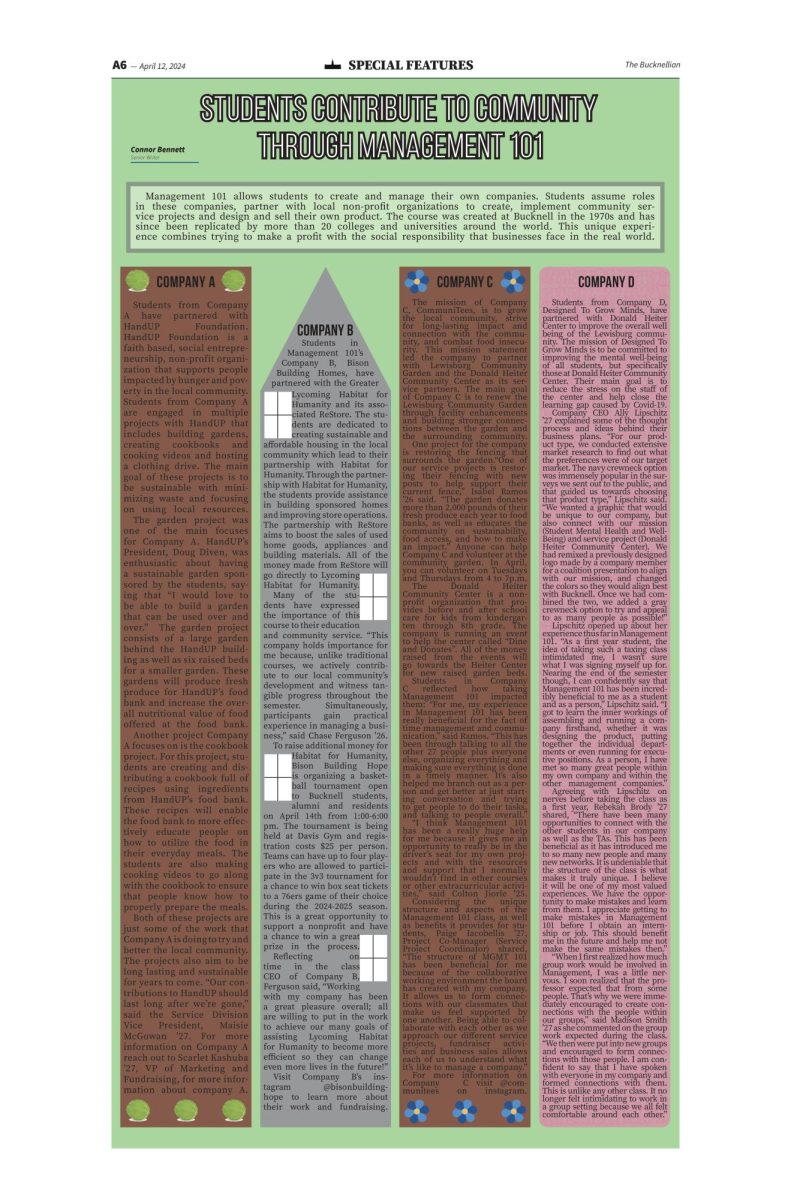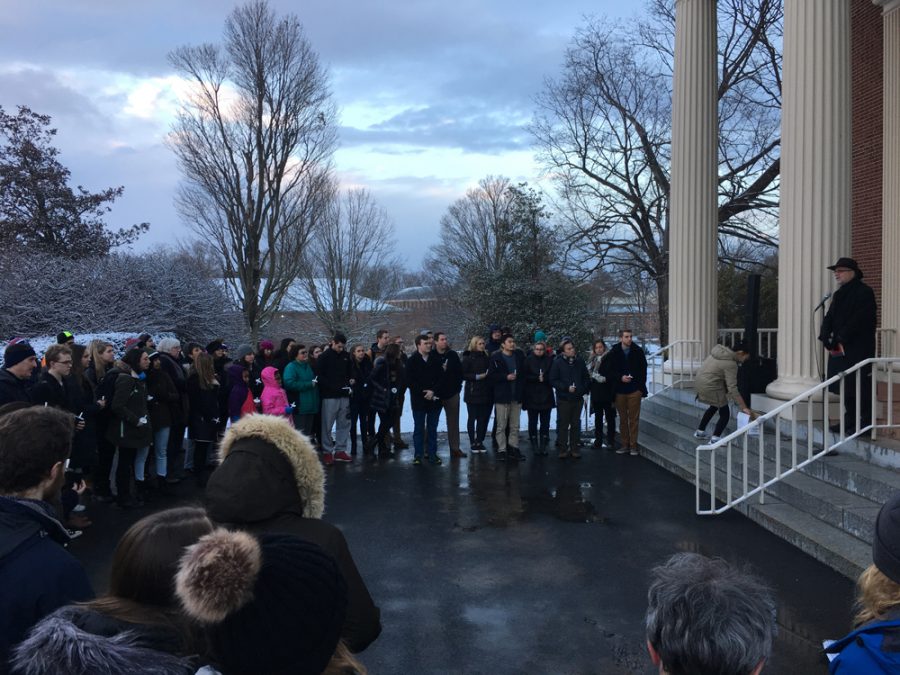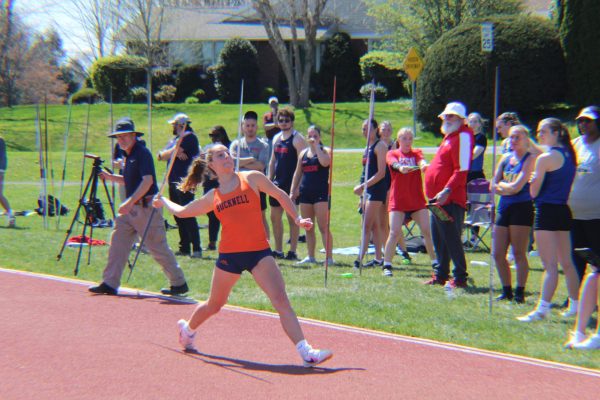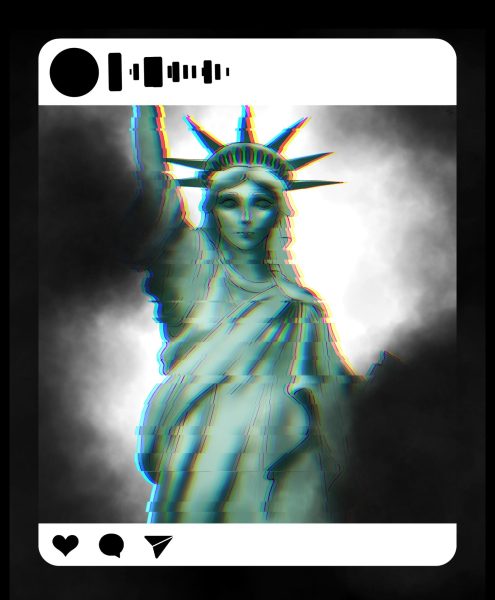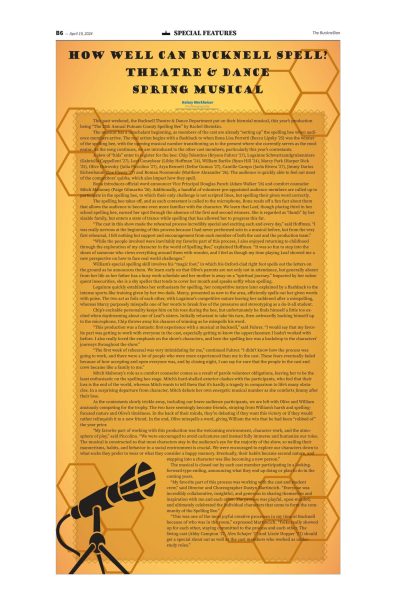What Trump’s immigration ban means for international students
February 2, 2017
President Donald Trump surprised the nation on Jan. 27 when the White House issued a controversial executive order (EO) titled Protecting the Nation from Foreign Terrorist Entry into the United States. Trump’s initiative significantly restricts immigration from seven predominantly Muslim countries, affecting citizens of Iraq, Iran, Libya, Somalia, Sudan, Syria, and Yemen. In addition to these restrictions, the EO also suspends refugee admission for 120 days and bars all Syrian refugees indefinitely.
Among many other targets, Trump’s decision has shaken the American education system, as the terms of the order have a direct impact on colleges and universities worldwide. According to Bloomberg, Trump’s order could possibly cost American universities upwards of $700 million in annual revenue. Not only does the immigration ban pose significant economic risks for these institutions, but the nation would also suffer from the loss of talented international students who would be unable to attend American universities.
In response to the EO, University officials have expressed their support for the students who are threatened by Trump’s plans. In an email sent out to the student body on Jan. 28, University President John Bravman emphasized the importance of global connections.
“Since admitting our first international student in 1858—19-year-old Maung Shaw Loo of Burma, now known as Myanmar—we have benefited from and greatly valued the unique perspectives and experiences that our international students and employees bring to campus,” Bravman said.
Director of International Student Services Jennifer Figueroa echoed this statement and explained how Trump’s EO sets a harmful precedent.
“The order has a chilling effect on the entire international community. There is a lot of concern regarding hypothetical possibilities of the order being extended, expanded upon with the addition of other countries,” Figueroa said.
Figueroa went on to explain the deeper implications of the EO for University students.
“Many students and their family members will be directly affected by the cancellation of the visa waiver policy and the expanded requirement to renew non-immigrant visas with an in-person interview,” Figueroa said.
Trump’s decision may also affect the ability of international students to travel home over break based on extended wait times at the U.S. Embassy or consulate for a visa renewal interview.
“It also promises to affect many families’ plans to visit for commencement, given these new restrictions and additional requirements,” Figueroa said.
The EO has been received poorly by many members of the University community.
Abdelhak Belatreche ‘17 is a Muslim student originally from Algeria, who obtained U.S. citizenship in high school. He is heartened by the University’s efforts to protect its Muslim and otherwise targeted students, though he noted there is some room for improvement going forward.
“I wish Bucknell could be more steadfast in their claim to protecting ‘targeted students’ publicly, I am content (for right now) with their current promises,” Belatreche said. “It is up to us students now to hold them accountable for what they have told us, and to make sure everyone feels safe and secure. This is what I think is the current most pressing concern.”
Anne Marie Brook ’19 acknowledged that she understood the intentions behind the EO, but felt that Trump’s initiative had more drawbacks than benefits.
“I do think that terrorism is a huge crisis that needs to be dealt with, but this is not the way to do it,” Brook said. “It’s not fair to international students who have been attending school and now have to worry about how they will get home. I’m happy to see that the campus as a whole is supporting these students because it shows how strong our community is.”
Bravman concluded his message to the community by affirming the University’s decision to stand strong against the EO.
“Bucknell will continue to extend its full support to its international students and colleagues, and I will stand with other leaders across higher education who seek to oppose this EO’s overreaching measures which are antithetical to our community’s values and, more broadly, our mission as an institution of higher learning,” Bravman said.
The University is already taking steps to show its support for the affected students. On Jan. 31, the University Campus Notification Center sent out an email in response to a U.S. Customs and Border Protection vehicle arriving on campus. The email clarified that the vehicle was there solely for the career fair on campus that day, and that “the University will not participate in the enforcement of federal immigration laws unless required to do so by a subpoena or warrant.”
However, some students feel that the University could be doing more.
“I think people are waiting for the administration to take the next step and declare Bucknell a sanctuary campus so these students are fully protected like they deserve to be,” Dominic Scicchitano ’19 said.
A candlelight vigil was held on Jan. 30 in response to Trump’s EO. A crowd of around 100 gathered outside of Rooke Chapel to show solidarity for those affected by the order.
“I think it’s important to show the people within our community who are being affected by these new politics that we care and that we stand in solidarity with them,” Madison Farley ’17 said.
On Thursday Feb. 2, Bravman sent another email which included a link to relevant information gathered by University General Counsel Amy Foerster. Bravman also promised students that a web resource was currently in development in order to update the community when new information pertaining to the EO was gathered, which will be completed “later this week.”

